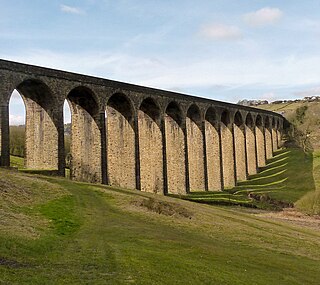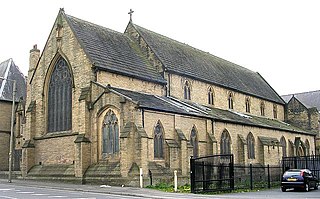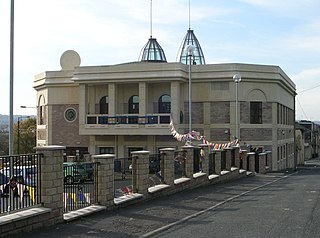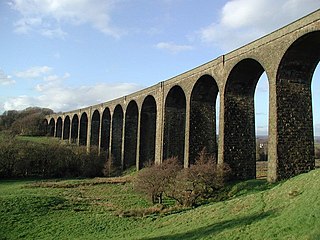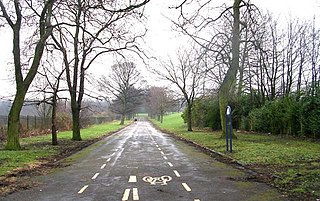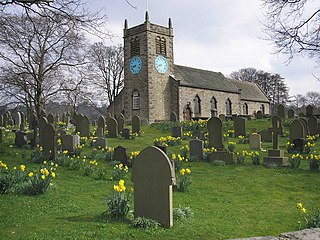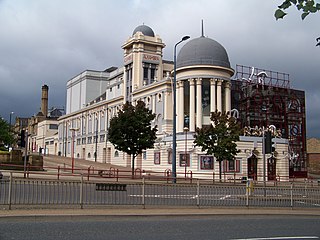29 Sights in Bradford, United Kingdom (with Map and Images)
Legend
Welcome to your journey through the most beautiful sights in Bradford, United Kingdom! Whether you want to discover the city's historical treasures or experience its modern highlights, you'll find everything your heart desires here. Be inspired by our selection and plan your unforgettable adventure in Bradford. Dive into the diversity of this fascinating city and discover everything it has to offer.
Sightseeing Tours in Bradford1. Saltaire
Saltaire is a Victorian model village near Shipley, West Yorkshire, England, situated between the River Aire, the railway, and the Leeds and Liverpool Canal. Salt's Mill and the houses were built by Titus Salt between 1851 and 1871 to allow his workers to live in better conditions than the slums of Bradford. The mill ceased production in 1986, and was converted into a multifunctional location with an art gallery, restaurants, and the headquarters of a technology company. It is a UNESCO World Heritage Site and on the European Route of Industrial Heritage.
2. National Science and Media Museum
The National Science and Media Museum, located in Bradford, West Yorkshire, is part of the national Science Museum Group in the UK. The museum has seven floors of galleries with permanent exhibitions focusing on photography, television, animation, videogaming, the Internet and the scientific principles behind light and colour. It also hosts temporary exhibitions and maintains a collection of 3.5 million pieces in its research facility.
3. Bradford Cathedral Church of St Peter
Bradford Cathedral, or the Cathedral Church of St Peter, is an Anglican cathedral in Bradford, West Yorkshire, England, one of three co-equal cathedrals in the Diocese of Leeds alongside Ripon and Wakefield. Its site has been used for Christian worship since the 7th century, when missionaries based in Dewsbury evangelised the area. For many centuries it was the parish church of St Peter and achieved cathedral status in 1919. The cathedral is a Grade I listed building.
4. St George's Hall
St George's Hall is a strategic grade II* listed Victorian building located in the centre of Bradford, West Yorkshire, England. Originally designed with a seating capacity of 3,500, the hall seats up to 1,335 people and 1,550 for standing concerts. It is one of the oldest concert halls still in use in the United Kingdom. German Jewish wool merchants who had moved to Bradford because of its textile industry, partly financed the building of St George's Hall, and were instrumental in its construction.
5. Bronte Parsonage Museum
The Brontë Parsonage Museum is a writer's house museum maintained by the Brontë Society in honour of the Brontë sisters – Charlotte, Emily and Anne. The museum is in the former Brontë family home, the parsonage in Haworth, West Yorkshire, England, where the sisters spent most of their lives and wrote their famous novels.
6. Cliffe Castle
Cliffe Castle Museum, Keighley, West Yorkshire, England, is a local heritage museum which opened in the grand, Victorian, neo-Gothic Cliffe Castle in 1959. Originating as Cliffe Hall in 1828, the museum is the successor to Keighley Museum which opened in Eastwood House, Keighley, in c. 1892. There is a series of galleries dedicated to various aspects of local heritage, and to displaying the house itself, which is a Grade II listed building.
7. Bradford Industrial Museum
Bradford Industrial Museum, established 1974 in Moorside Mills, Eccleshill, Bradford, United Kingdom, specializes in relics of local industry, especially printing and textile machinery, kept in working condition for regular demonstrations to the public. There is a Horse Emporium in the old canteen block plus a shop in the mill, and entry is free of charge.
8. All Saints
Church of All Saints is the Anglican parish church in the town of Bingley, West Yorkshire, England. It is one of two Anglican churches in the town, the other being Holy Trinity. All Saints has existed since Norman times and it is set in the oldest part of the town, near to where the River Aire is crossed by Ireland Bridge.
9. The Wool Exchange
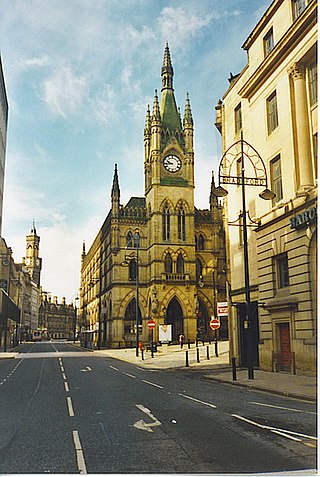
The Wool Exchange Building in Bradford, West Yorkshire, England is a grade I-listed building built as a wool-trading centre in the 19th century. The grandeur of its Gothic Revival architecture is symbolic of the wealth and importance that wool brought to Bradford. Today it is a Waterstones bookshop as well as a cafe.
10. Salts Mill
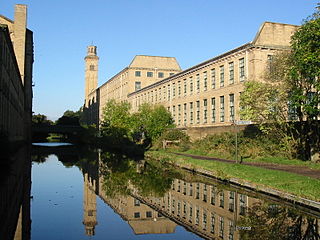
Salts Mill is a former textile mill, now an art gallery, shopping centre, and restaurant complex in Saltaire, Bradford, West Yorkshire, England. It was built by Sir Titus Salt in 1853, and the present-day 1853 Gallery takes its name from the date of the building which houses it. The mill has many paintings by the local artist David Hockney on display and also provides offices for Pace plc.
11. Memorial to William Busfeild Ferrand
Bingley St. Ives, or St. Ives Estate is a 550-acre (2.2 km2) country park and former estate between Bingley and Harden in West Yorkshire, England now owned by Bradford Council. The park has Grade II listing in the English Heritage National Register of Historic Parks and Gardens of Special Interest. The park has been given Accredited Country Park status by Natural England.
12. Bracken Hall Countryside Centre
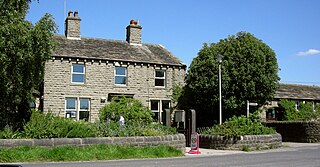
Bracken Hall Countryside Centre and Museum is a children's museum, natural history education centre and nature centre established in 1989 at Bracken Hall on the edge of Baildon Moor, close to Shipley Glen in West Yorkshire, England.
13. Museum of Rail Travel
The Museum of Rail Travel at Ingrow, England is operated by the Vintage Carriages Trust (VCT), a charity based just north of Ingrow (West) railway station on the Keighley and Worth Valley Railway in West Yorkshire. Founded in 1965, it became a registered charity in 1981 and opened in 1990.
14. St Michael's and All Angels' Church
St Michael and All Angels' Church is the Church of England parish church of Haworth, West Yorkshire. The current structure, the third church building on the site, was built between 1879 and 1881 although parts of the original medieval church building, notably the tower, survive from earlier periods.
15. Bolling Hall
Bolling Hall is one of the oldest buildings in Bradford, West Yorkshire, England. It is currently used as a museum and education centre. The building is about a mile from the centre of Bradford in East Bowling. Its surroundings are suburban in character.
16. Bradford Reform Synagogue
The Bradford Synagogue, officially Bradford Reform Synagogue, is a Reform Jewish congregation and synagogue, located at 7 Bowland Street in Bradford, West Yorkshire, England, in the United Kingdom. Established as a congregation in 1873, the synagogue building was completed in 1881. The synagogue building was listed as a Grade II* building in 1989.
17. Manor House Art Gallery and Museum
Ilkley Manor House, Ilkley, West Yorkshire, England, is a local heritage museum, art gallery, and live venue, and was established in the present building in 1961 to preserve local archaeological artefacts after the spa town expanded and much Roman material was lost. It was managed by Bradford Council Museums and Galleries department but had to be closed in 2013 owing to lack of funds. In order to keep the building open to the public, the Ilkley Manor House Trust was formed, and in April 2018, Bradford Council transferred the Manor House and three adjacent cottages to the Trust as a community asset transfer.
18. Ireland Bridge
Bingley's Ireland Bridge is a Grade II* listed structure and a historically significant crossing point over the River Aire in West Yorkshire, England. It is now the main route between Bingley & the nearby villages of Harden, Wilsden & Cullingworth.
19. Bradford Playhouse
The Bradford Playhouse is a 266-seat proscenium arch theatre with circle and stall seating based in Little Germany, in the city of Bradford, West Yorkshire, England. Formerly known as The Priestley, the theatre also has a studio space that has flexible lighting, sound and seating arrangements.
20. Bronte Bridge (rebuilt)
Brontë Waterfall on the South Dean Beck is about a mile south-west of Stanbury, near Haworth in West Yorkshire, England. The area surrounding the waterfall is mainly moorland and farmland in Brontë Country, an area of outstanding beauty famous for its association with the Brontë sisters. Below the falls is Brontë Bridge, an old stone bridge across the beck. A flash flood in May 1989, swept the bridge away. In March 1990, a Lynx helicopter from No. 9 Regiment Army Air Corps, airlifted five gritstone slabs into the narrow valley to allow park rangers to repair the crossing.
21. Thornton Viaduct
Thornton Viaduct is a disused railway viaduct crossing Pinch Beck valley at Thornton, in the City of Bradford, West Yorkshire, England. It is 300 yards (270 m) long and has 20 arches. It was built in an S-shape to allow a smooth access to Thornton station. The viaduct was part of the GNR's Queensbury Lines running between Queensbury and Keighley. It stopped carrying passengers in 1955 but remained open to goods until the 1960s. At that time, the railway closed and the tracks were pulled up. The viaduct is now a Grade II listed building.
22. Swastika Stone
The Swastika Stone is a stone adorned with a design that resembles a swastika, located on the Woodhouse Crag on the northern edge of Ilkley Moor in West Yorkshire, England. The design has a double outline with four curved arms and an attached S-shape, each enclosing a so-called 'cup' mark, the like of which can be found on other stones nearby.
23. St Patrick's church
St Patrick's Church is a Roman Catholic church in Bradford, West Yorkshire, England. It was built from 1852 to 1853 and designed by George Goldie. It is situated on the corner of Sedgfield Terrace and Westgate in the city centre. To the south and west of the church is Rebecca Street and Vaughan Street. The church is the oldest Roman Catholic church still in use in the city and is a Grade II listed building.
24. Bradford Mandir
The Shree Lakshmi Narayan Hindu Temple in Bradford, West Yorkshire is the largest Hindu temple (mandir) in Northern England. The temple was designed by local Yorkshire architects and built by a local construction company. The temple is faced with Yorkshire stone, and the design modern, reflecting the position of Hindus as part of contemporary Yorkshire society. The temple is unusual in housing most of the major deities revered by the Hindu community, in addition to Lakshmi Narayan, the main deities. This reflects the needs of the Hindu population in the United Kingdom, where temples have to serve all types of Hindus rather than just followers of a specific deity.
Wikipedia: Shree Lakshmi Narayan Hindu Temple, Bradford (EN)
25. Hewenden Viaduct
Hewenden Viaduct, situated near Cullingworth, West Yorkshire, England, originally served as a railway viaduct along the Queensbury Lines. Being one of the highest viaducts in Britain, it has been recognised as a Grade II listed structure.
26. Bowling Park
Bowling Park is a public urban park near Bolling Hall in Bradford, West Yorkshire, England about 1+1⁄2 miles (2.4 km) south east from the city centre. The park is irregularly shaped with an area of 50 acres (20 ha) and is bounded by Bowling Hall Road, Burras Road, Bowling Memorial Cemetery, Parkside Road, Avenue Road, Bowling Park Allotments and Bowling Park Drive.
27. St Peter
St Peter's Church is a Church of England parish church in Addingham, West Yorkshire. It is a Grade I listed building, with the main structure dating to a 15th-century rebuild but with some of the earliest parts dating from the Norman period.
28. Al‐Mahdi Mosque
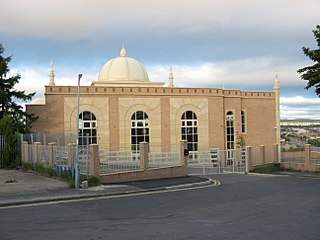
The Al Mahdi Mosque is an Ahmadi Muslim mosque in Bradford, England. The mosque was built at a cost £2.5 million entirely from voluntary donations of British Ahmadi Muslims. The mosque was opened on 7 November 2008 by Mirza Masroor Ahmad, the current and fifth caliph of Ahmadiyya Muslim Community. With a capacity of 2,000 worshippers, it is among the largest in the city. The inauguration was attended by many Ahmadi Muslims and over 300 guests. The mosque, on Rees Way, was built at the top of a hill and is visible from miles around within the city.
29. Alhambra Theatre
The Alhambra Theatre is a theatre in Bradford, West Yorkshire, England, named after the Alhambra palace in Granada, Spain, which was the place of residence of the Emir of the Emirate of Granada. It was built in 1913 at a cost of £20,000 for theatre impresario Francis Laidler, and opened on Wednesday 18 March 1914. In 1964, Bradford City Council bought the Alhambra for £78,900 and in 1974, it was designated a Grade II listed building. It underwent extensive refurbishment in 1986. Today it is a receiving house for large-scale touring theatre of all types and the main house seats 1,456.
Share
Disclaimer Please be aware of your surroundings and do not enter private property. We are not liable for any damages that occur during the tours.
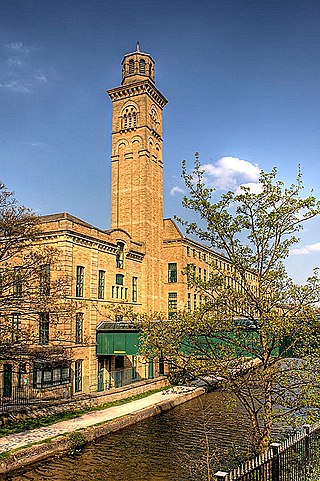
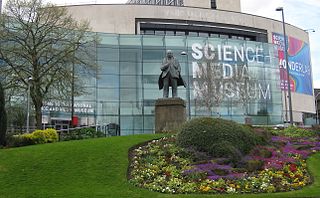
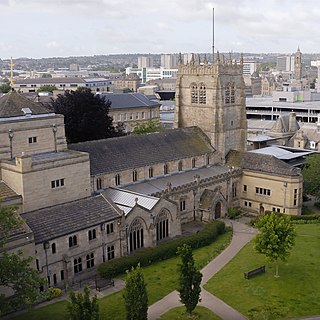
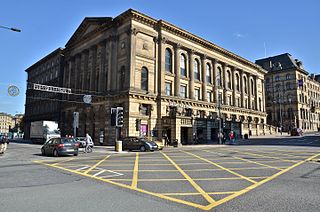
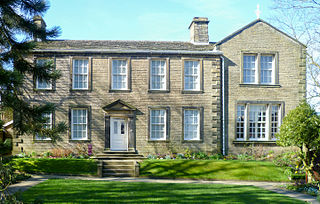
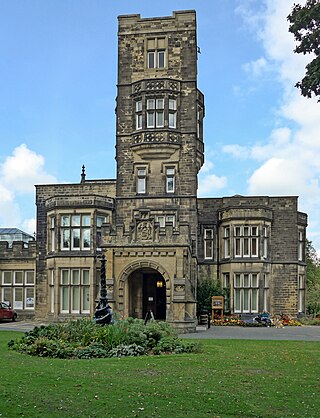
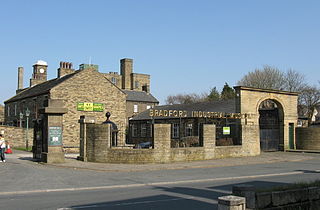
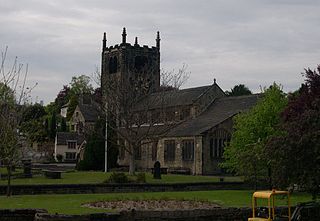
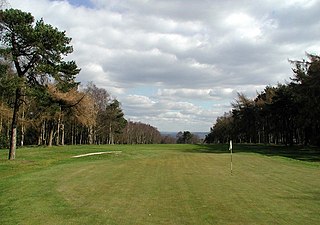
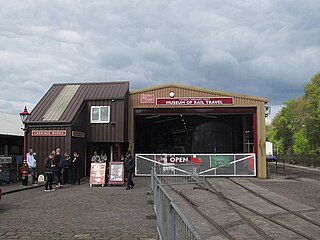
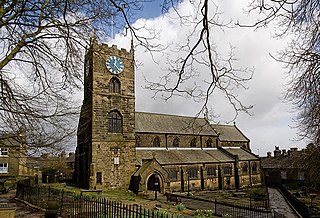
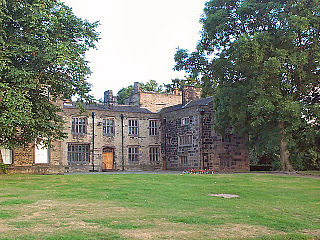
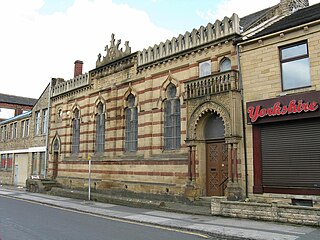
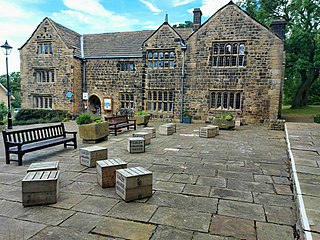
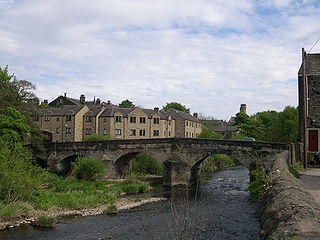
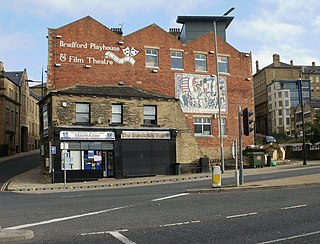
.jpg)
